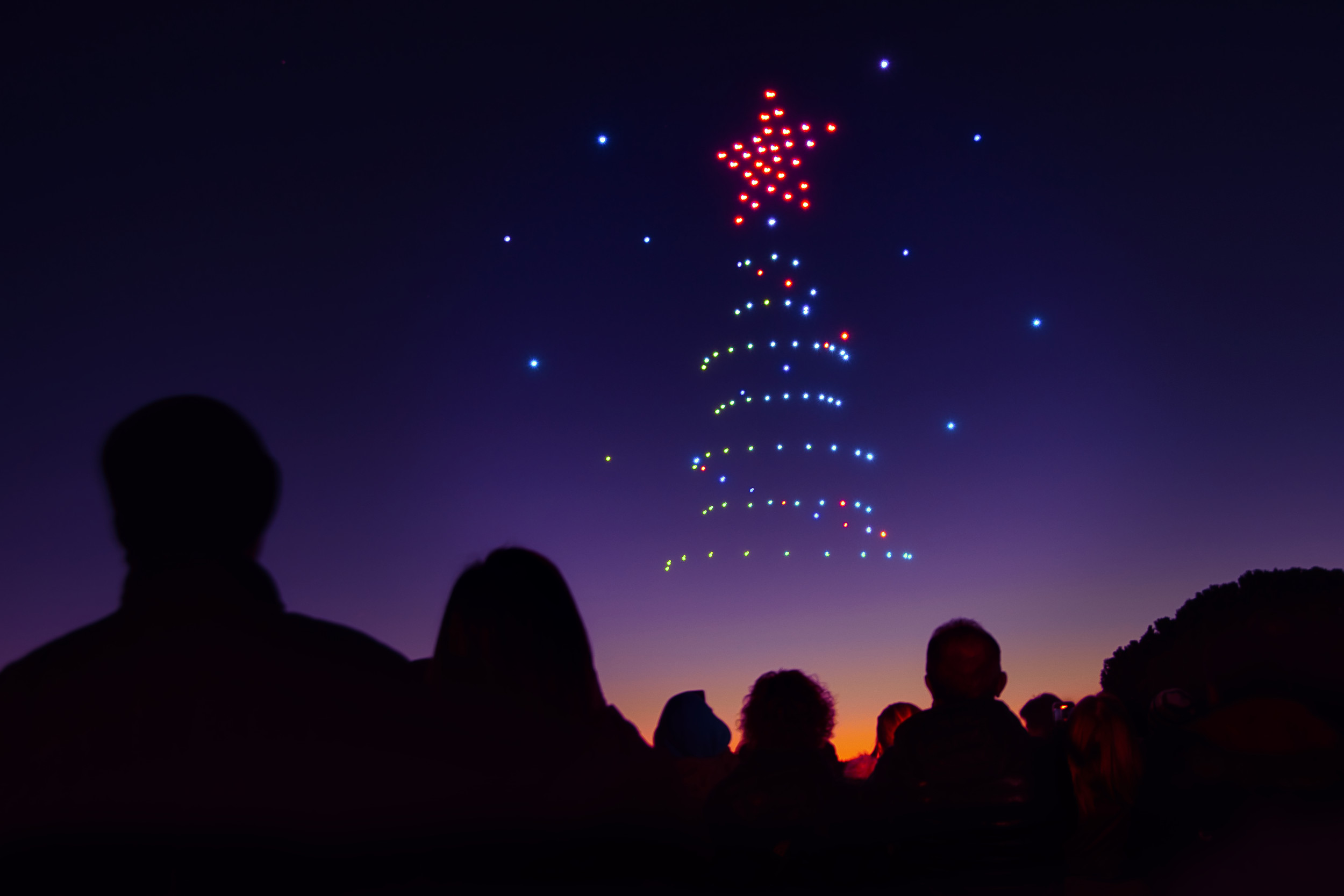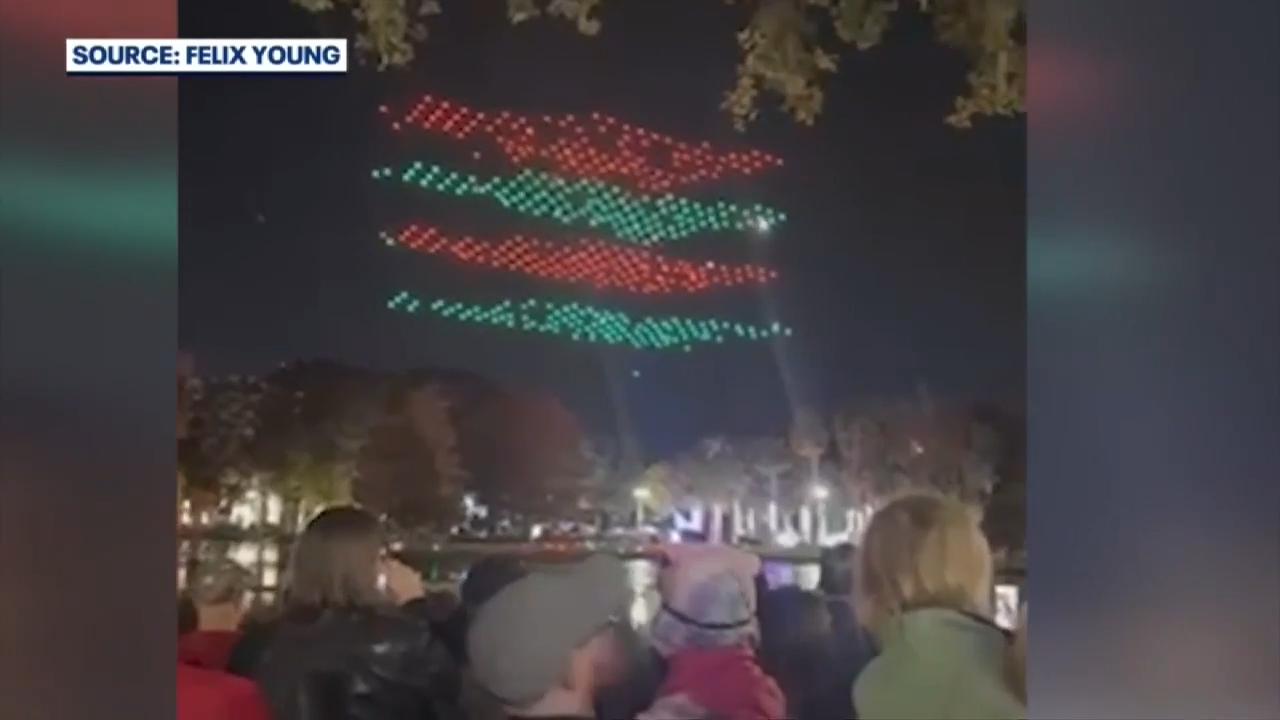Florida drone accident incidents highlight the growing complexities of unmanned aerial vehicle (UAV) operation. This exploration delves into the various facets of these accidents, from the common causes and legal ramifications to preventative measures and technological advancements aimed at mitigating risks. We will examine the diverse scenarios that lead to drone mishaps, the legal responsibilities involved, and the crucial role of safety protocols in preventing future incidents.
The increasing popularity of drones in Florida, for both recreational and commercial purposes, necessitates a thorough understanding of the relevant regulations and potential consequences of accidents. This analysis will cover the spectrum of drone-related incidents, from minor malfunctions to catastrophic events, providing a balanced perspective on the risks and rewards associated with drone technology in the Sunshine State.
Recent reports highlight a concerning increase in Florida drone accidents, prompting renewed discussion about safety regulations. For detailed information on a specific incident, you can find comprehensive coverage at florida drone accident which offers insights into the causes and consequences of these events. Understanding these accidents is crucial for improving drone safety protocols in Florida and beyond.
Florida Drone Accidents: A Comprehensive Overview

The increasing popularity of drones in Florida, for both recreational and commercial purposes, has unfortunately led to a rise in accidents. Understanding the types of accidents, relevant regulations, safety measures, and potential consequences is crucial for mitigating risks and ensuring responsible drone operation within the state.
Types of Florida Drone Accidents

Drone accidents in Florida stem from various factors, broadly categorized as mechanical failure, pilot error, and adverse weather conditions. Accidents involve diverse drone types, from small recreational models to larger commercial UAVs. Scenarios range from simple crashes due to pilot inexperience to more serious incidents involving property damage or injuries.
| Accident Type | Cause | Location (Florida Region) | Outcome |
|---|---|---|---|
| Recreational Drone Crash | Pilot Error (Loss of Control) | South Florida Beaches | Minor Damage to Drone |
| Commercial Drone Collision | Mechanical Failure (Motor Malfunction) | Orlando Metropolitan Area | Drone Damaged, Minor Property Damage |
| Recreational Drone Water Landing | Adverse Weather (Sudden Gusts) | Tampa Bay | Drone Lost, No Injuries |
| Commercial Drone Near Miss | Pilot Error (Violation of Airspace Restrictions) | Miami International Airport | No Damage, FAA Investigation |
| Recreational Drone Property Damage | Pilot Error (Loss of Visual Line of Sight) | Key West | Drone Damaged, Significant Property Damage to Nearby Building |
Legal and Regulatory Aspects of Drone Operation in Florida
Florida, like other states, adheres to Federal Aviation Administration (FAA) regulations concerning drone operation. These regulations cover registration, licensing, airspace restrictions, and operational guidelines. Liability in drone accidents can fall on the pilot, manufacturer, or owner depending on the cause. Reporting a drone accident typically involves contacting the FAA and local law enforcement, depending on the severity of the incident.
Compared to California, Florida’s drone laws largely align with federal standards, although specific local ordinances may vary.
Safety Measures and Prevention of Drone Accidents
Prioritizing safety is paramount for responsible drone operation. Pre-flight checks are essential, encompassing battery health, motor function, GPS signal strength, and overall drone stability. A comprehensive checklist tailored to various Florida environments – beaches, urban areas, and natural landscapes – should be followed. Pilot training and certification are crucial, especially for commercial operations. Adhering to FAA regulations and maintaining visual line of sight are vital for preventing accidents.
Recent drone accidents in Florida highlight the increasing concerns surrounding unmanned aerial vehicles. The incidents underscore the need for stricter regulations, especially considering the escalating global use of drones, such as in the recent ukraine drone attack on russia , which demonstrates the potential for both military and civilian applications to be misused. Understanding the implications of these events is crucial for improving safety protocols and preventing future incidents in Florida and elsewhere.
- Thorough pre-flight inspection
- Awareness of surrounding environment
- Strict adherence to FAA regulations
- Regular maintenance and updates
- Appropriate pilot training and certification
Impact and Consequences of Drone Accidents
Drone accidents can have severe consequences, including property damage, personal injury, and environmental disruption. A collision with a power line, for example, could cause power outages, disrupt services, and potentially lead to fires. The economic impact can be significant, especially in cases involving commercial drones and infrastructure damage. Preventative measures, such as stricter regulations, improved pilot training, and technological advancements, are crucial for minimizing these negative consequences.
Technological Advancements and Drone Safety
Advancements in drone technology are continuously improving safety. Autonomous flight capabilities, sophisticated obstacle avoidance systems, and improved battery technology significantly reduce accident risks. Features like GPS-based geofencing and return-to-home functions enhance safety protocols. Technological improvements, such as enhanced sensor fusion for more accurate obstacle detection and more resilient drone structures, can greatly reduce accidents.
Recent reports of a Florida drone accident highlight the increasing need for responsible drone operation. The incident prompted discussions about safety regulations, contrasting sharply with the festive cheer surrounding the norad santa tracker phone number , a service that uses technology in a completely different, and far less hazardous, context. Ultimately, both situations underscore the importance of understanding and adhering to appropriate guidelines for any technological application, especially when it involves airspace.
- Improved obstacle avoidance systems
- Enhanced GPS and sensor technology
- More reliable battery technology
- Autonomous flight capabilities with fail-safes
Drone Insurance and Risk Mitigation

Drone insurance is essential for mitigating financial risks associated with accidents. Policies offer various coverage options, including liability protection for property damage or injury caused by the drone. The cost of insurance varies based on factors such as drone type, operational area, and pilot experience. Obtaining adequate insurance involves comparing policies from different providers and ensuring sufficient coverage for potential liabilities.
Understanding Florida drone accidents requires a multifaceted approach encompassing legal, technological, and safety considerations. While advancements in drone technology offer enhanced safety features, responsible operation and adherence to regulations remain paramount. By implementing robust safety protocols, investing in appropriate insurance, and staying abreast of evolving technologies, we can collectively work towards minimizing the risk of future incidents and ensuring the safe and responsible integration of drones into Florida’s airspace.
FAQ Explained: Florida Drone Accident
What types of insurance are available for drones in Florida?
Several types of drone insurance are available, including liability insurance (covering damage caused by your drone), hull insurance (covering damage to your drone), and comprehensive policies that combine both. The best option depends on your needs and the type of drone operation.
Where can I report a drone accident in Florida?
Depending on the severity and circumstances, you may need to report to the Federal Aviation Administration (FAA), local law enforcement, or other relevant agencies. The FAA website provides guidance on reporting procedures.
Are there specific airspace restrictions for drones in Florida?
Yes, Florida, like other states, has airspace restrictions near airports, sensitive infrastructure, and other designated areas. It’s crucial to check FAA airspace maps before flying.
What are the penalties for violating Florida drone laws?
Penalties can range from fines to license suspension or revocation, depending on the severity of the violation. Specific penalties are Artikeld in Florida statutes and FAA regulations.